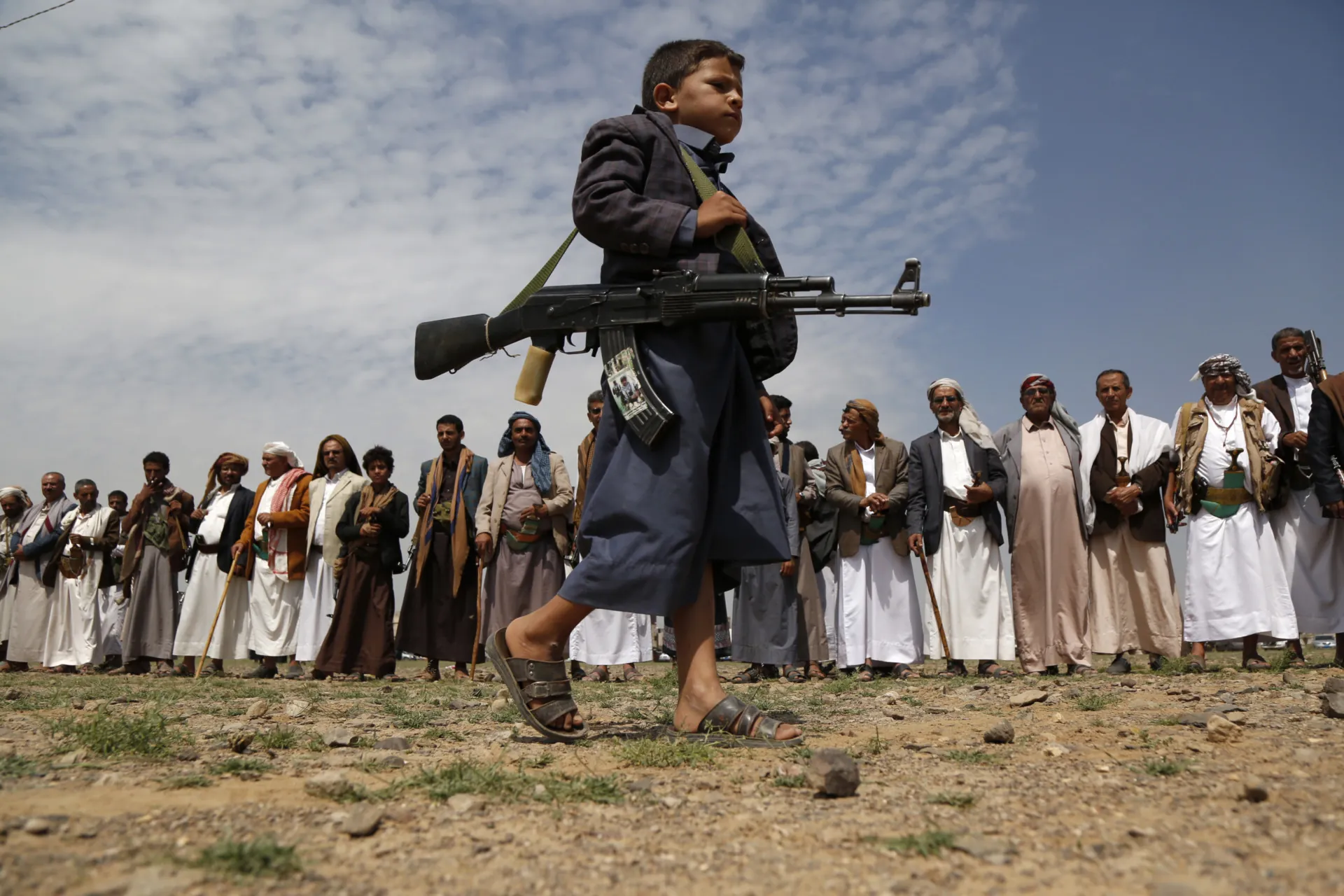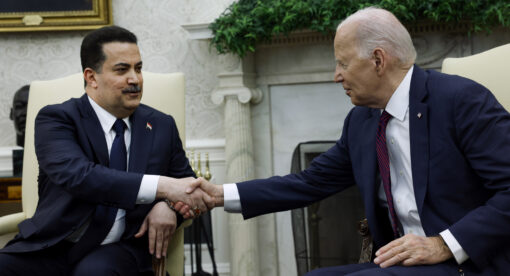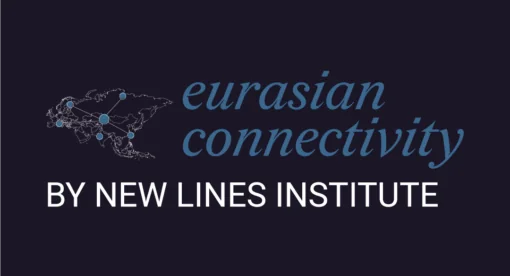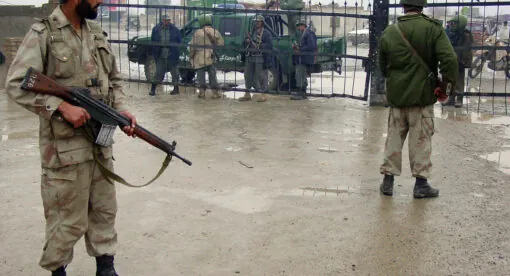This Policy Report provides a brief explanation of Yemen’s decline into a chaotic and multidimensional conflict involving multiple civil wars within a larger war, with analysis of major developments in Yemen’s history post-1990. Two centers of gravity in the Yemeni crisis — the struggle for Aden and other parts of southern Yemen between the U.N.-respected government and southern secessionists, and the fighting between the al-Houthi rebels and the Saudi military — are the main focus of this brief. Ultimately, this report argues that despite Washington’s commitment to the parties fighting to preserve Yemen’s post-1990 unity, the odds are dim that this political entity, at least established on paper, can solidify again, given how shattered it has become. This brief ends with policy proposals to consider as outside powers continue working to end the Yemeni conflict.
The main takeaways are:
-More than 85,000 Yemeni children died of starvation between April 2015 and October 2018. The weaponization of famine has been a reality in Yemen, with various actors on different sides of the multifaceted civil war depriving specific civilian population segments and pockets access to food and medical services in order to achieve their own political objectives.
-The chaos has spread beyond Yemen’s borders in two relatively small, but significant, migrant flows. Violence and refugees have spilled into Saudi Arabia and the Horn of Africa. The crisis in Yemen has reversed refugee flows and is driving instability in these countries that are impoversihed and grappling with their own internal political conflicts.
-The only chances Yemen has for peace will come in a political settlement created through dialogue, not continued warfare. Resolving Yemen’s multi-sided civil war will require compromise and trust-building initiatives on the part of all major actors in the conflict, including internal and external parties: GCC member states, the United States, Iran, Russia, and the European Union. China, too, is increasing its strategic interests.
-A common narrative from Southern Transitional Council officials and supporters is that the Hadi government is filled with al-Islah “terrorists.” Specifically, they say, the Muslim Brotherhood has infiltrated Hadi’s Presidential Guard and other bodies within his administration.
-Countless observers mistakenly oversimplified the Yemeni crisis as a conflict between al-Houthi fighters and Saudi Arabia while overlooking many other moving parts in Yemen’s convoluted and tortuous conflict.
-Yemen is a critical battlespace in which intra-Sunni differences are allowing Iran and the al-Houthi rebels to further weaken their opponents. At the same time, Riyadh has a stake in defending the legitimacy of Hadi’s government and preserving the war-torn country’s north-south unity.
-Yet Yemen is not a top priority for Iran. The outcome of conflicts and local tensions in Lebanon, Syria, and Iraq are of far greater importance to the Islamic Republic as the system of confessionalism undergoes its ultimate challenge from a Levantine populace tired of Tehran’s influence.
-The Kremlin’s interest in constructing a military base plus sea access in southern Yemen is an important driver of Moscow’s Yemen policy.
-The aftermath of the strikes on Saudi Arabia’s Aramco facilities on Sept. 14, and the al-Houthi actions afterward, are driving Riyadh’s attempts to reach a settlement with the rebels.
-Although the UAE’s support for the STC is wavering because of emerging disagreements among senior Emirati leaders, Abu Dhabi’s desire to ease tensions appears to have surpassed the idea of pushing for an independent southern Yemen for now.
The views expressed in this article are those of the author and not an official policy or position of the Newlines Institute.








